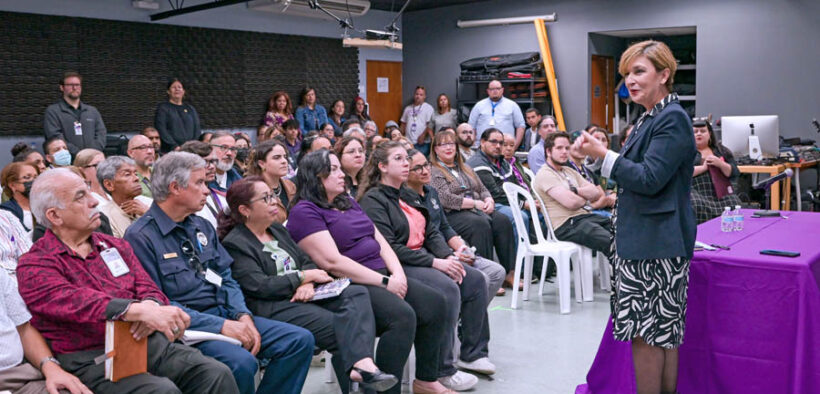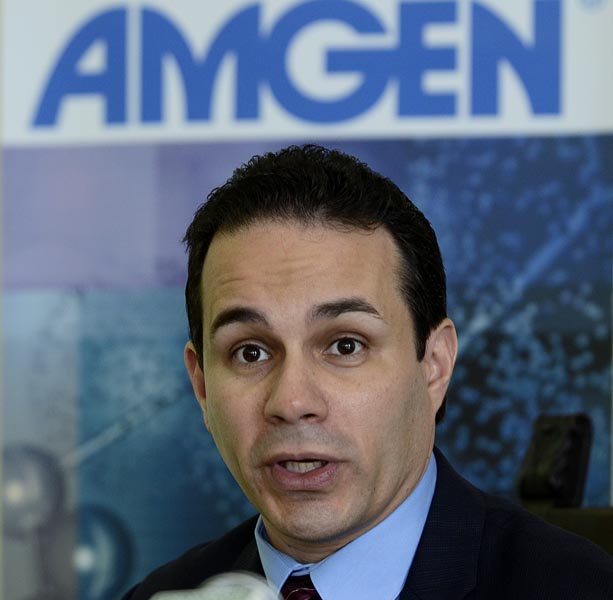Atlantic University, biotech sector partner on immersive workforce training

Atlantic University has launched a collaboration with the biotechnology industry to modernize workforce training through immersive technologies, including virtual reality (VR), augmented reality (AR), and advanced simulation techniques.
The initiative aims to accelerate employee onboarding, improve retention, and introduce tech-driven training methods aligned with the preferences of a new generation.
Zayira Jordán-Conde, president of Atlantic University, emphasized the program’s potential to bridge the gap between education and industry.
“The future of education lies not only in academic knowledge but in the ability to adapt that knowledge to real-world applications using groundbreaking technologies,” she said. “This program creates a unique opportunity for our students to lead the transformation of critical sectors like biotechnology.”
The initiative marks a shift in talent development by integrating video game engine expertise into biotech and pharmaceutical training — sectors that traditionally did not utilize such skills. Platforms like Epic Games’ Unreal Engine and Unity are now being used to create VR, AR, and 3D simulation environments, enabling real-time training scenarios.
Atlantic University has developed a special projects course that allows students to work directly with biotech industry professionals, including Atlantic University alumni. Students receive academic credit while collaborating with manufacturing teams to assess project needs and establish trimester objectives.
“These immersive training tools will enable us to further develop talent across the biomanufacturing industry,” said Luis Cortés, director of Manufacturing at Amgen Manufacturing Limited (AML), noting the industry’s need for innovative training solutions.
Meanwhile, Fernando J. Montilla, chief innovation and technology officer at Atlantic University, described the initiative as a “major leap” in workforce development.
“Video game development skills are becoming relevant to industries far beyond gaming,” he said. “We’re not only modernizing training but also helping the biotech industry recognize the potential of a workforce equipped with these cutting-edge skills. That’s innovation at its core.”









